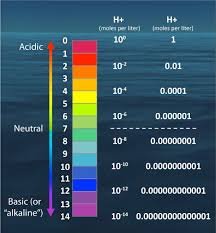There's not a lot on it.
Few Chinese universities(?) Have studied it, maybe some American in the 1800s or so.
Not a lot of research on it, I've been all over it.
@Aqua Man , the main idea is supposedly using electricity to ""STIMULATE"" plants by "shocking" them, increasing ion/nutrient uptake(?)
A team of researchers affiliated with multiple institutions in China reports that electroculture can increase agricultural yields. In their paper published in the journal Nature Food, the group describes growing peas using traditional methods while applying electric shocks to other pea crops.

phys.org
------and there's this ----
"""bare copper wires have been suspended three metres above ground level. The cables run the full length of the greenhouses and carry rapid pulses of positive charge, up to 50,000 volts. These high-voltage bursts kill bacteria and viral plant diseases both in the air and the soil. They also affect the surface tension of any water droplets on the leaves of plants, accelerating vaporization.""
""introduction of electricity into the plants’ immediate environment is also credited with helping assist the transportation of naturally charged particles, such as bicarbonate and calcium ions, within the plants.
It also seems to speed up metabolic activities like carbon dioxide absorption and photosynthesis""
Boosting yields without putting pressure on strained resources could help feed the planet’s growing population.

www.weforum.org
Electroculture gardening is a cutting-edge and fascinating method of plant cultivation that makes use of electrical currents to promote plant development and boost output. While being relatively new and little recognised, this method has recently become more well-liked among gardeners and...

altifarm.com
Again, you know the basics way more than I do, so I don't know how this builds off that.







